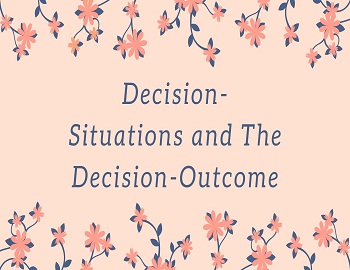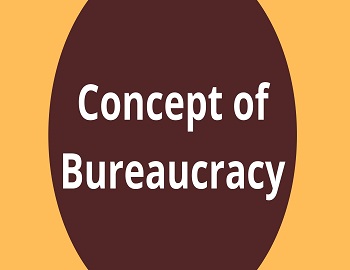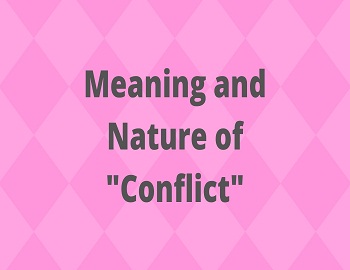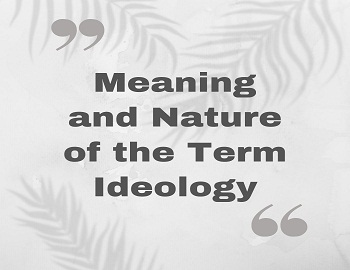Table of Contents
Decision-Situations and The Decision-Outcome:
Decision-Situations:
Another very important aspect in the decision-making process is the decision-situation. There are a number of situation variables but the variable of crisis and non-crisis is the most important one. A crisis situation is more critical as it is generally unanticipated. It also makes the decision-makers prompt. Holsti has described the following co-relation between the crisis-situation and the decision-making process-
(1) “As stress increases in a crisis situation: (a) time is perceived as an important factor in decision-making, and (b) decision-makers become increasingly concerned with immediate rather than the distant future.
(2) In a crisis situation, the decision-makers consider their own and their allies range of alternatives comparatively more restricted that of their adversaries.
(3) The higher the stress in a crisis-situation: (a) the heavier the over-load upon the communication channels, (b) the more stereotyped will be the information content of the message, and (c) the greater the tendency to rely upon the extra-ordinary or improvised channels of communication.
(4) The higher the stress in a crisis-situation: (a) the fewer is the number of those who are included in the inner-most circle of decision-makers and (b) those who tend to disagree are fewer still.
In a crisis situation, says Wasby, “the hierarchical channels of communication and decision-making will collapse with horizontal ones, that search behaviour for information will be sharply curtailed and that a much smaller group of individuals will be involved in making decisions”. Another situation variable is that of location. It means the environment in which the decisions are made. According to Bates, “a decision-making process involves a decision-maker, an environment in which the decision-maker must operate, a set of actions available and a set of goals to be accomplished”.
The Decision-Outcome or The Outcome-Cluster:
It is also very important to study the decision outcome. The outcome is a term that denotes the result of the whole process of decision-making. In the words of Gross, “The outcomes of the decisional processes are either goods or services and so far as the political decisions are concerned, they result in intangible services, which are difficult to characterize.
However, a number of political thinkers have made efforts to characterize the decision-outcomes. Some have based their outcome on the value implications of the decisions. For example, Lasswell and Kaplan in “Power and Society” have proposed a check-list of value categories, which includes such values as power, respect, rectitude, affection, wealth, skill, enlightenment and well-being, and the outcome may refer to any one of these values. The study of the decision-outcome can help us to know what type of decision processes affect one kind of values more than others. Robinson and Majak ask a few questions: “Does one kind of decision process result in a more liberal sharing of power than another? Are decisions made through one chain of processes more likely to favour demands for wealth by a given interest group than decisions taken through another chain of processes? Do certain ways of making decisions serve the demand for welfare……..more than others?” The problem is that we lack literature on this particular aspect of decision-making.









Comments (No)